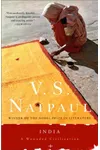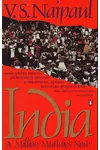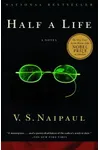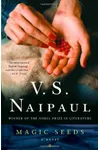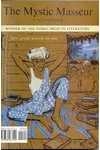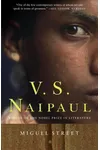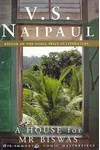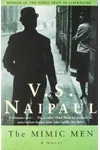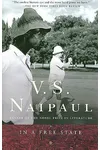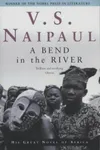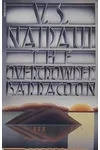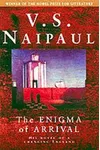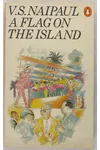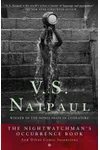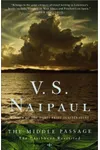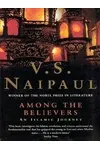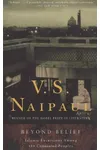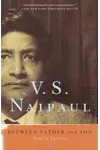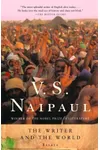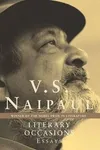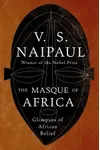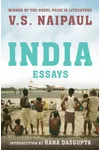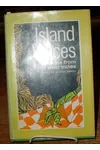Picture a Trinidadian storyteller who spun tales of postcolonial struggles and human triumphs—meet V.S. Naipaul! Born in 1932 on a small Caribbean island, Naipaul rose to literary stardom, crafting over 30 books that earned him a Nobel Prize, a Booker Prize, and a knighthood. His sharp prose and unflinching gaze into identity and displacement captivated readers worldwide.
From humble beginnings to global acclaim, Naipaul’s journey is a testament to the power of storytelling. Let’s dive into the life and legacy of this literary giant, whose words continue to resonate decades later.
The Making of V.S. Naipaul
V.S. Naipaul, born Vidiahar Surajprasad Naipaul in Chaguanas, Trinidad and Tobago, grew up in a family of Indian descent. His father, a journalist, sparked his love for writing, while the colonial backdrop of Trinidad shaped his worldview. At 18, Naipaul won a scholarship to Oxford University, where he honed his craft. After graduating, he struggled as a freelance writer in London, but his determination paved the way for a remarkable career.
V.S. Naipaul’s Unforgettable Stories
Naipaul’s novels and travelogues blend sharp wit, cultural insight, and a keen eye for human flaws. His breakthrough, A House for Mr Biswas (1961), follows an Indian-Trinidadian man’s quest for independence, mirroring Naipaul’s own roots. The Booker Prize-winning In a Free State (1971) explores displacement across continents, showcasing his knack for capturing fractured identities.
His travel writing, like An Area of Darkness (1964), delves into India’s complexities, blending personal reflection with cultural critique. Later works, such as A Bend in the River (1979), tackle postcolonial Africa’s turmoil with haunting clarity. Naipaul’s style—precise, introspective, and often provocative—challenged readers to confront uncomfortable truths about society and self.
Though sometimes criticized for his stark views, Naipaul’s ability to weave universal themes into specific cultural narratives made his work timeless. His stories resonate with anyone grappling with identity, belonging, or ambition.
Why V.S. Naipaul Matters
V.S. Naipaul’s impact on literature is profound. His exploration of postcolonial societies gave voice to marginalized narratives, influencing writers and scholars alike. The 2001 Nobel Prize in Literature honored his ‘incisive’ storytelling and ‘uncompromising integrity.’ Beyond awards, Naipaul’s work endures for its raw honesty, urging readers to question cultural assumptions and embrace complex human stories.
His legacy also sparks debate—some praise his fearless critiques, others challenge his perspectives. Yet, this tension underscores his relevance, inviting new generations to engage with his ideas.
About V.S. Naipaul
- Born: August 17, 1932, Chaguanas, Trinidad and Tobago
- Key Works: A House for Mr Biswas, In a Free State, A Bend in the River
- Awards: Nobel Prize (2001), Booker Prize (1971), Knighthood (1990)
- Died: August 11, 2018, London, England
Ready to explore a literary legend? Snag A House for Mr Biswas and dive into V.S. Naipaul’s vivid world of identity and ambition!

